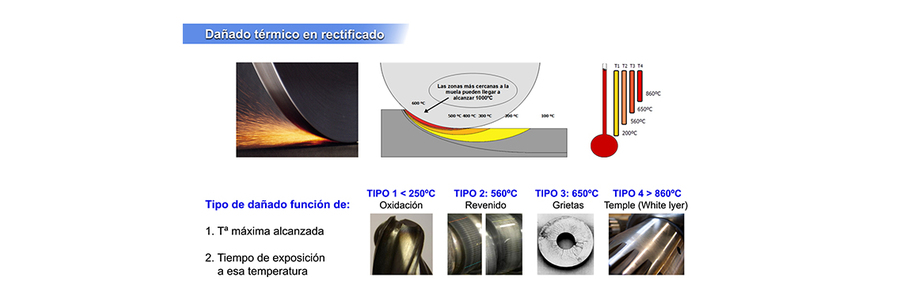Own development model for Integrated Management of Technological Innovation.
High-value processes based on Knowledge and Data

The purpose of the PROCODA project is to research the development of new complex manufacturing processes (high-value processes - PRO) through an integrated approach based on simulation (knowledge - CO) and the monitoring and analysis of data (and the data - DA). This will be achieved by configuring a hybrid modelling (physical modelling + real data) and flexible action platform (offering online and remote action) that allows machine manufacturing companies and, especially, their users, to optimise (in time and cost) their manufacturing process dramatically, in all the development phases: design, ramp-up, production life-cycle and adaptation to new requirements, while also increasing their quality and reliability ratios.
To this end, two research and knowledge areas that are usually worked on separately are addressed in an integrated manner:
• The fundamental knowledge of the basic parameters that govern the manufacturing processes, essentially through the modelling of the physical principles that control them.
• The monitoring and analysis of experimental data. This monitoring is used in two stages: as a tool for the experimental validation of the models and as part of the solution that is offered to industry, as a key element of the processing, analysis and action platform.
The PROCODA research is focused on discrete manufacturing processes that pose an especially advanced challenge, both to the research community and to the industrial community in its placing on the market. Thus, the research focusses on:
• The combined or multitask processes, increasingly important at a national level, due to the growing trend towards smaller batch manufacturing, which requires greater flexibility and versatility in the machines and processes.
• The surface finish processes, which add to the technical complexity inherent to the nature of the process, the industrial criticality arising from the fact that they are the processes that provide the final finish and functionality to the manufactured parts and rarely allow the correction of possible errors generated in them.
• The assisted processes, specifically cryogenic machining. Its industrial interest lies in its interest in the machining of materials and therefore very high value added parts (aero, energy).
The main challenges of the PROCODA project are:
1. The generation of detailed knowledge on the fundamentals of the selected processes, of their interactions and the limitations and requirements that these introduce to the production means.
2. The incorporation of sensors and electronics in the machine elements that interact in the production processes in order to have enriched information on these processes.
3. The integration of the monitoring data, its analysis and correlation with the theoretical models of the selected processes.
4. The development of action strategies, in different temporal responses, to act on the processes in search of maximum efficiency (productivity, quality, energy efficiency or other optimisation criteria).
The integrated approach of PROCODA is realised in several hybrid modelling (physical modelling + real data) and flexible action platforms (offering online and remote action). These platforms provide a reliable, precise and global analysis tool for a production process and with the capacity of acting with the required agility in different process scenarios:
• Conception and design of a process, in order to propose the most appropriate solution.
• Action in real-time in the event of any variability in the production process, thus preventing quality defects and errors.
• Action, not necessarily real-time, for the redesign of a process, considering or adapting to changes of objectives and requirements or the emergence of new conditions (new tools, new materials, etc.).
The platforms developed by IDEKO have been focused on grinding and rolling processes.